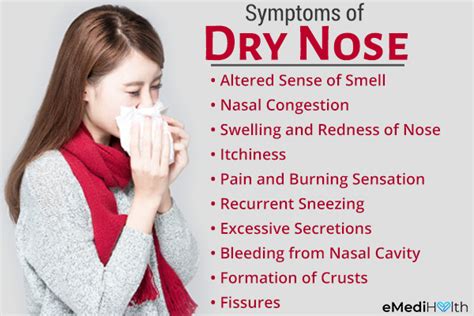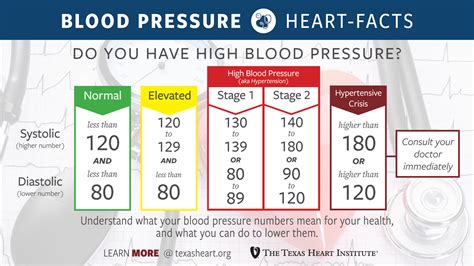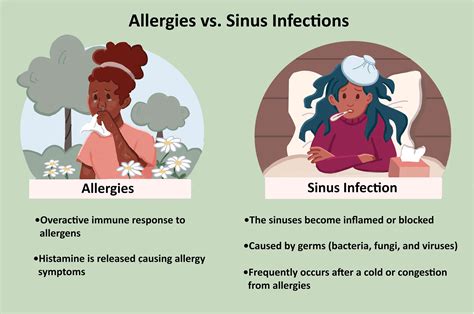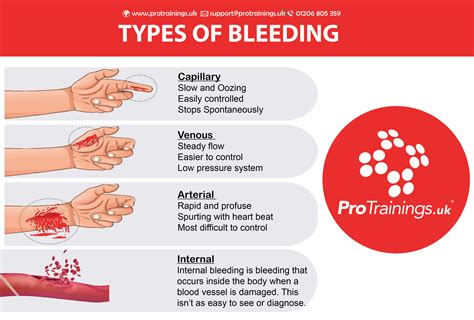Intro
Discover 5 common bloody nose causes, including dry air, trauma, and hypertension, and learn about related conditions like nosebleeds, sinus pressure, and nasal dehydration.
Bloody noses, also known as epistaxis, are a common condition that can affect people of all ages. They can be caused by a variety of factors, ranging from minor irritations to more serious health issues. Understanding the causes of bloody noses is essential to provide proper treatment and prevent future occurrences. In this article, we will delve into the world of bloody noses, exploring the top 5 causes, their symptoms, and treatment options.
The importance of addressing bloody noses lies in their potential to be a symptom of an underlying condition. While most cases are harmless, some can be a sign of a more serious health issue, such as high blood pressure, a bleeding disorder, or a tumor. Therefore, it is crucial to identify the cause of a bloody nose to provide the necessary treatment and prevent complications. Moreover, knowing the causes of bloody noses can help individuals take preventive measures, reducing the risk of future episodes.
The prevalence of bloody noses is higher than one might think, with approximately 60% of the population experiencing at least one episode in their lifetime. Children and older adults are more prone to bloody noses due to their fragile nasal passages and decreased ability to regulate blood pressure. Furthermore, certain environmental factors, such as dry air, allergies, and cold weather, can increase the risk of developing a bloody nose. As we explore the top 5 causes of bloody noses, we will also discuss ways to prevent and manage this condition.
Introduction to Bloody Nose Causes

To better understand the causes of bloody noses, it is essential to familiarize ourselves with the anatomy of the nasal passages. The nasal cavity is a complex structure, comprising blood vessels, nerves, and mucous membranes. The nasal septum, a thin wall of cartilage and bone, separates the two nasal passages. The nasal passages are lined with tiny blood vessels, called capillaries, which can easily rupture and cause bleeding.
Nasal Dryness and Irritation

One of the most common causes of bloody noses is nasal dryness and irritation. When the air is dry, the nasal passages can become dry and cracked, leading to irritation and inflammation. This can cause the blood vessels to rupture, resulting in bleeding. Dry air can be caused by various factors, such as heated homes, air conditioning, or living in a dry climate. Additionally, irritants like tobacco smoke, pollution, and strong chemicals can also dry out the nasal passages and cause bloody noses.
Symptoms and Treatment
The symptoms of nasal dryness and irritation include a dry, scratchy nose, nosebleeds, and congestion. To treat this condition, it is essential to humidify the air, either by using a humidifier or by breathing in steam from a bowl of hot water. Applying a saline nasal spray or gel can also help to moisturize the nasal passages and reduce irritation. In severe cases, a doctor may prescribe a nasal corticosteroid spray to reduce inflammation.High Blood Pressure

High blood pressure, also known as hypertension, is another common cause of bloody noses. When blood pressure is elevated, the blood vessels in the nasal passages can become stretched and fragile, leading to rupture and bleeding. High blood pressure can be caused by a variety of factors, including genetics, obesity, and lifestyle choices.
Symptoms and Treatment
The symptoms of high blood pressure include nosebleeds, headaches, and dizziness. To treat this condition, it is essential to manage blood pressure through lifestyle changes, such as exercise, diet, and stress reduction. Medications, such as diuretics and beta blockers, can also be prescribed to lower blood pressure. In some cases, surgery may be necessary to repair damaged blood vessels.Blows to the Nose

Blows to the nose, either from a fall, a fight, or a sports injury, can cause bloody noses. When the nose is struck, the blood vessels can rupture, leading to bleeding. In some cases, the septum can become deviated, causing chronic nosebleeds.
Symptoms and Treatment
The symptoms of a blow to the nose include nosebleeds, swelling, and bruising. To treat this condition, it is essential to apply ice to the nose to reduce swelling and promote clotting. In severe cases, a doctor may need to cauterize the blood vessels or perform surgery to repair a deviated septum.Allergies and Infections

Allergies and infections, such as the common cold or sinusitis, can cause bloody noses. When the nasal passages become inflamed, the blood vessels can rupture, leading to bleeding. Allergies can cause the nasal passages to become congested, leading to increased blood flow and pressure on the blood vessels.
Symptoms and Treatment
The symptoms of allergies and infections include nosebleeds, congestion, and discharge. To treat this condition, it is essential to manage allergies through avoidance of triggers and medication. Infections can be treated with antibiotics or antiviral medications. In some cases, a doctor may prescribe a nasal decongestant or steroid spray to reduce inflammation.Bleeding Disorders

Bleeding disorders, such as hemophilia or von Willebrand disease, can cause bloody noses. These conditions affect the blood's ability to clot, leading to prolonged bleeding.
Symptoms and Treatment
The symptoms of bleeding disorders include nosebleeds, easy bruising, and prolonged bleeding. To treat this condition, it is essential to manage the underlying disorder through medication and lifestyle changes. In some cases, a doctor may need to administer clotting factor concentrates or perform surgery to repair damaged blood vessels.What are the most common causes of bloody noses?
+The most common causes of bloody noses include nasal dryness and irritation, high blood pressure, blows to the nose, allergies and infections, and bleeding disorders.
How can I prevent bloody noses?
+To prevent bloody noses, it is essential to humidify the air, avoid irritants, manage allergies and high blood pressure, and wear protective gear during sports or other activities that may cause injury to the nose.
When should I seek medical attention for a bloody nose?
+You should seek medical attention for a bloody nose if the bleeding is heavy or prolonged, if you experience difficulty breathing, or if you have a fever or other signs of infection.
Can bloody noses be a sign of a more serious health issue?
+Yes, bloody noses can be a sign of a more serious health issue, such as high blood pressure, a bleeding disorder, or a tumor. If you experience frequent or severe bloody noses, it is essential to consult a doctor to rule out any underlying conditions.
How can I treat a bloody nose at home?
+To treat a bloody nose at home, apply ice to the nose to reduce swelling and promote clotting. You can also use a nasal decongestant or saline spray to help reduce bleeding and congestion.
In conclusion, bloody noses can be caused by a variety of factors, ranging from minor irritations to more serious health issues. By understanding the causes of bloody noses, individuals can take preventive measures and seek proper treatment to manage this condition. If you have experienced a bloody nose, we encourage you to share your story and any tips you may have for managing this condition. Additionally, if you have any questions or concerns, please do not hesitate to reach out to a medical professional for guidance and support.
